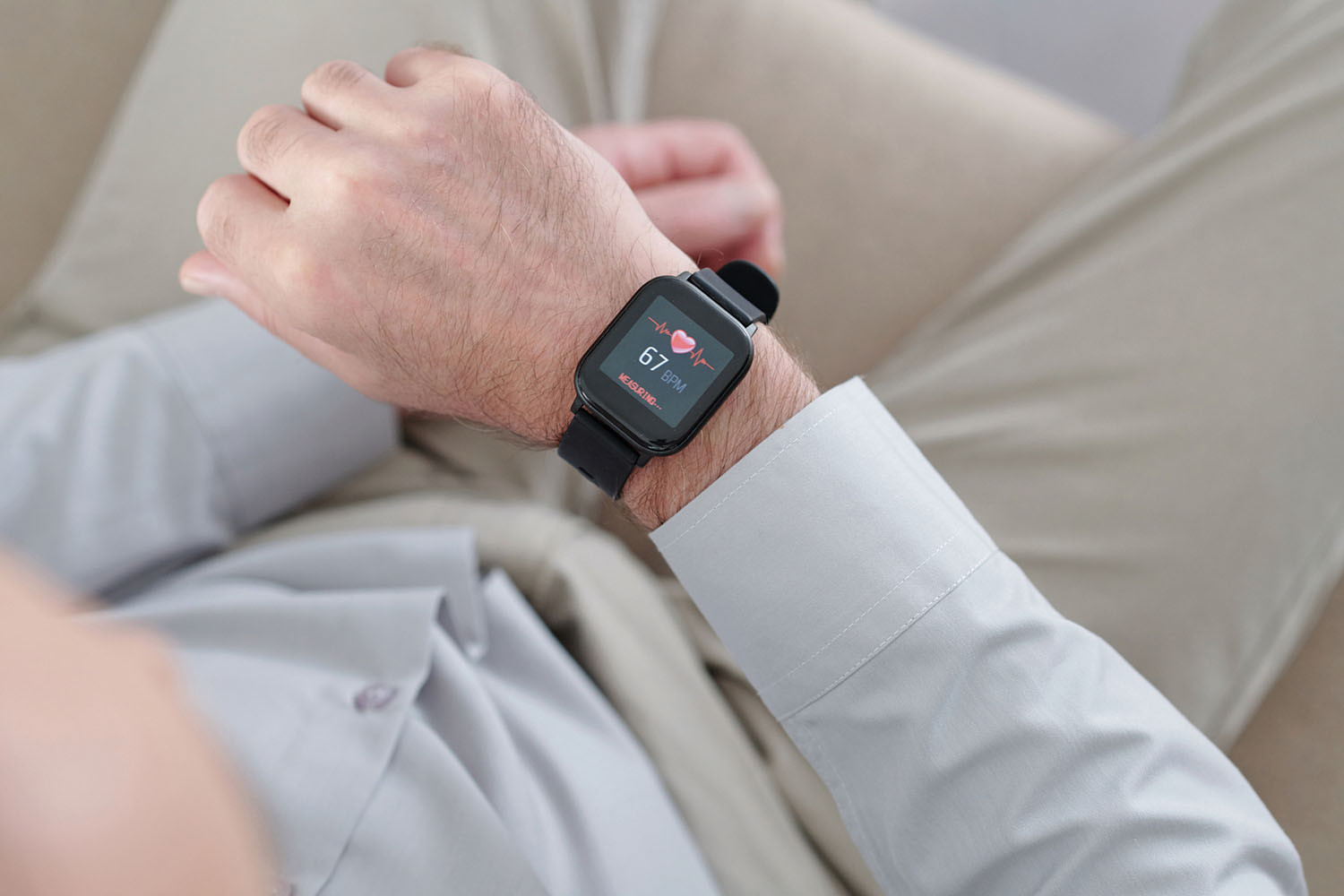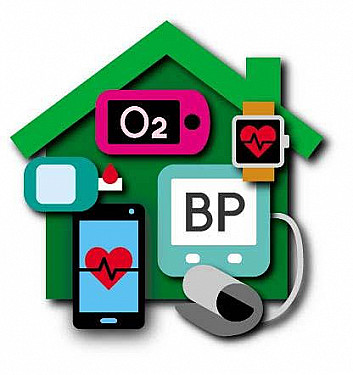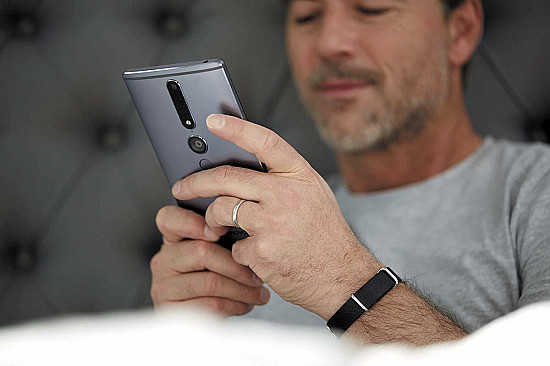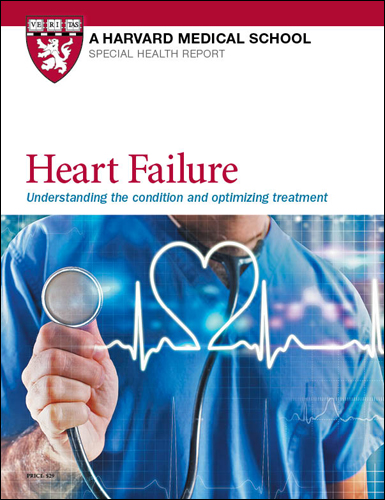Smartwatch monitoring after a heart valve procedure
Research we're watching
- Reviewed by Deepak L. Bhatt, M.D., M.P.H, Former Editor in Chief, Harvard Heart Letter

Smartwatches just keep getting smarter: the latest versions can estimate your blood oxygen level and record an ECG (a measurement of your heart's electrical activity). A new study suggests these sophisticated devices may provide a safe, accurate way to monitor people at home after they undergo a minimally invasive heart valve replacement procedure.
The study included 100 people who had a transcatheter aortic valve replacement, most of whom went home within a day or two after the procedure. All received a smartwatch that recorded their heart rate, steps, pulse, oxygen saturation, and an ECG measurement. During next 30 days, the smartwatch detected 29 of 38 heart-related problems — mostly heart rhythm abnormalities — among 34 participants.
The findings suggest that smartwatches could be an effective way to remotely monitor patients from home, say the authors, whose study was published March 29, 2022, in the Journal of the American Heart Association.
Image: © DragonImages/Getty Images
About the Author

Julie Corliss, Executive Editor, Harvard Heart Letter
About the Reviewer

Deepak L. Bhatt, M.D., M.P.H, Former Editor in Chief, Harvard Heart Letter
Disclaimer:
As a service to our readers, Harvard Health Publishing provides access to our library of archived content. Please note the date of last review or update on all articles.
No content on this site, regardless of date, should ever be used as a substitute for direct medical advice from your doctor or other qualified clinician.
















